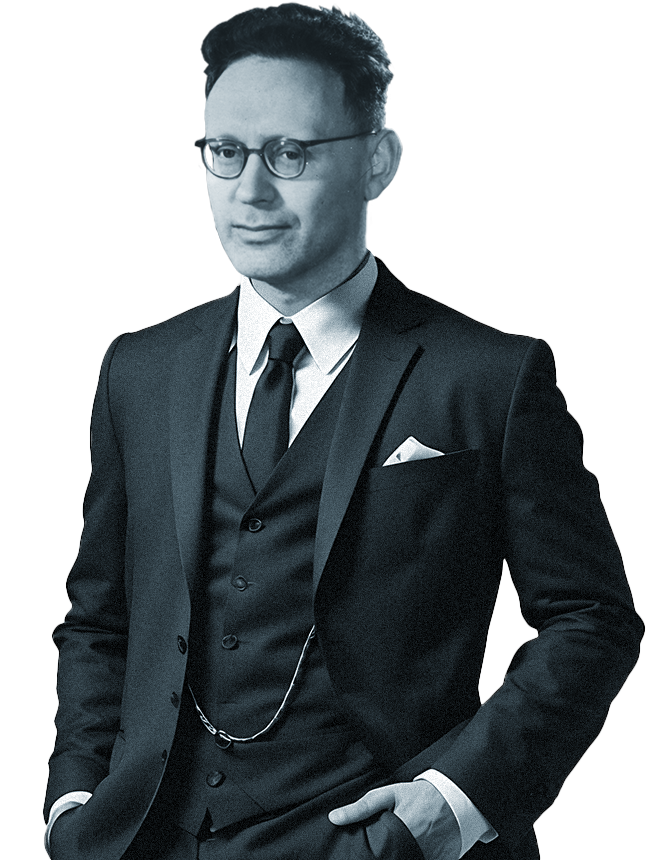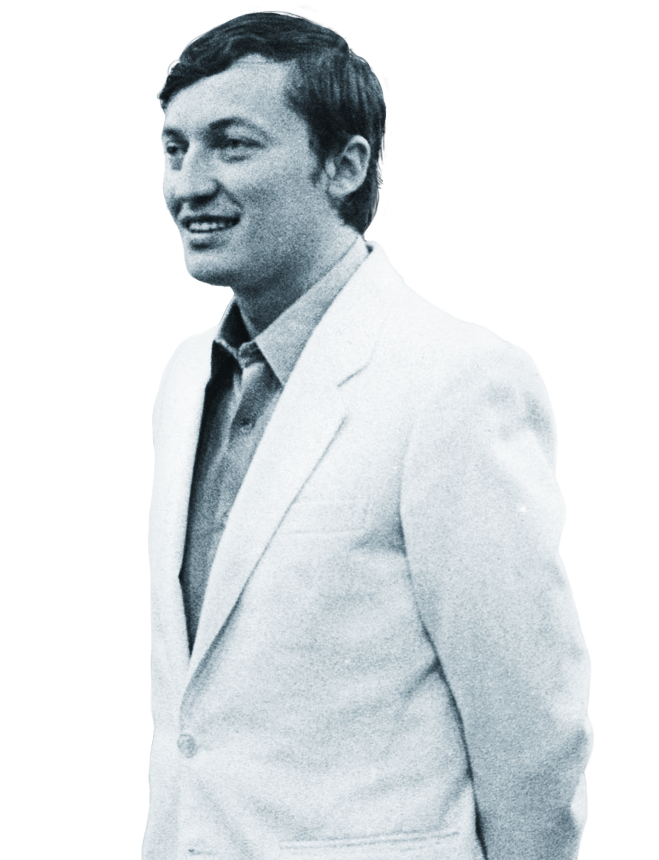Emanuel Lasker
Biography (1868–1941)
The chess long-liver, who hold the title of world champion the longest time in chess history: 27 years (1894–1921). Doctor of Philosophy and Mathematics.Born in Germany in 1868, Emanuel Lasker began playing chess in student tournaments. By 1889, he was competing in international events. Between 1889 and 1893, Lasker won several major tournaments and matches against renowned chess players. Inspired by his success, he challenged the world champion, Wilhelm Steinitz. Lasker confidently defeated Steinitz in their 1894 match and again in the rematch held in 1896-97.Emanuel Lasker solidified his claim to the chess crown by securing first place in the strongest tournaments. He successfully defended his title against challengers such as Frank Marshall (USA), Siegbert Tarrasch (Germany), Dawid Janowski (Russia/France), and Carl Schlechter (Austria). Lasker was renowned for his extraordinary strategic and psychological skills.Having lost interest in the world championship title, Emanuel Lasker relinquished it in his 1921 match against José Capablanca. However, he continued to compete successfully in tournaments, albeit with some breaks. At the age of 66, he secured 3rd place in the highly competitive second Moscow International Tournament without suffering any losses. In 1935, Lasker emigrated from Germany to the USSR, and later to the USA.
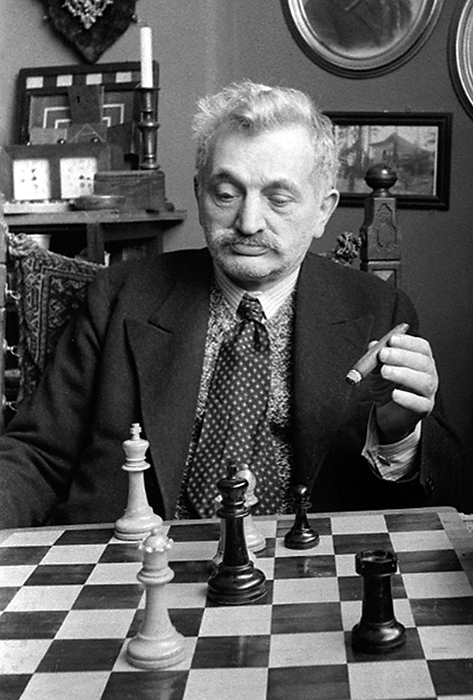
Notable game
First played in 1889 in Amsterdam, this combination theme, called a 'Greek gift,' appears in all chess tutorials!
Play like a champion!
Black to move.
Examine this position and decide on your next move. To see the correct answer, click the button below.
Want chess advice?
On Lasker
Albert Einstein
Emanuel Lasker was undoubtedly one of the most interesting people I came to know in my later life.
Viktor Korchnoi
My chess hero.
Mikhail Tal
The greatest of the champions was, of course, Emanuel Lasker.
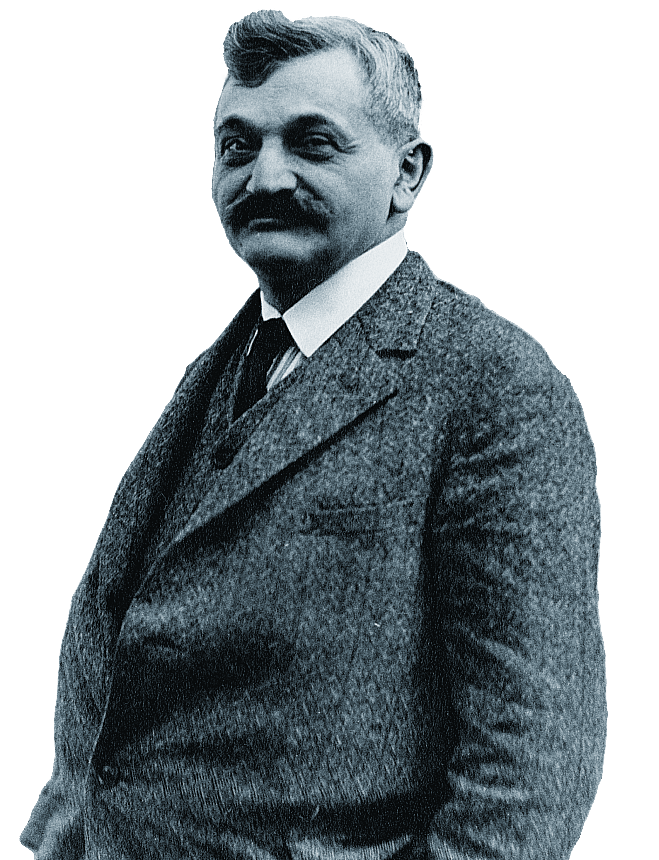
Want more?
Read Lasker's
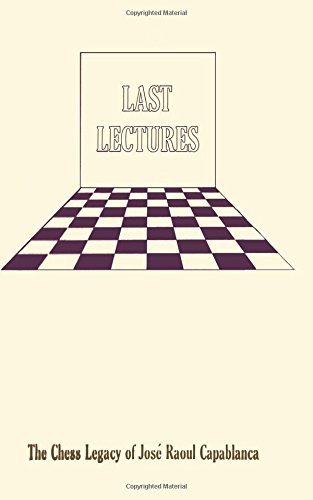
Manual of Chess
1925

Common Sense in Chess
1895




